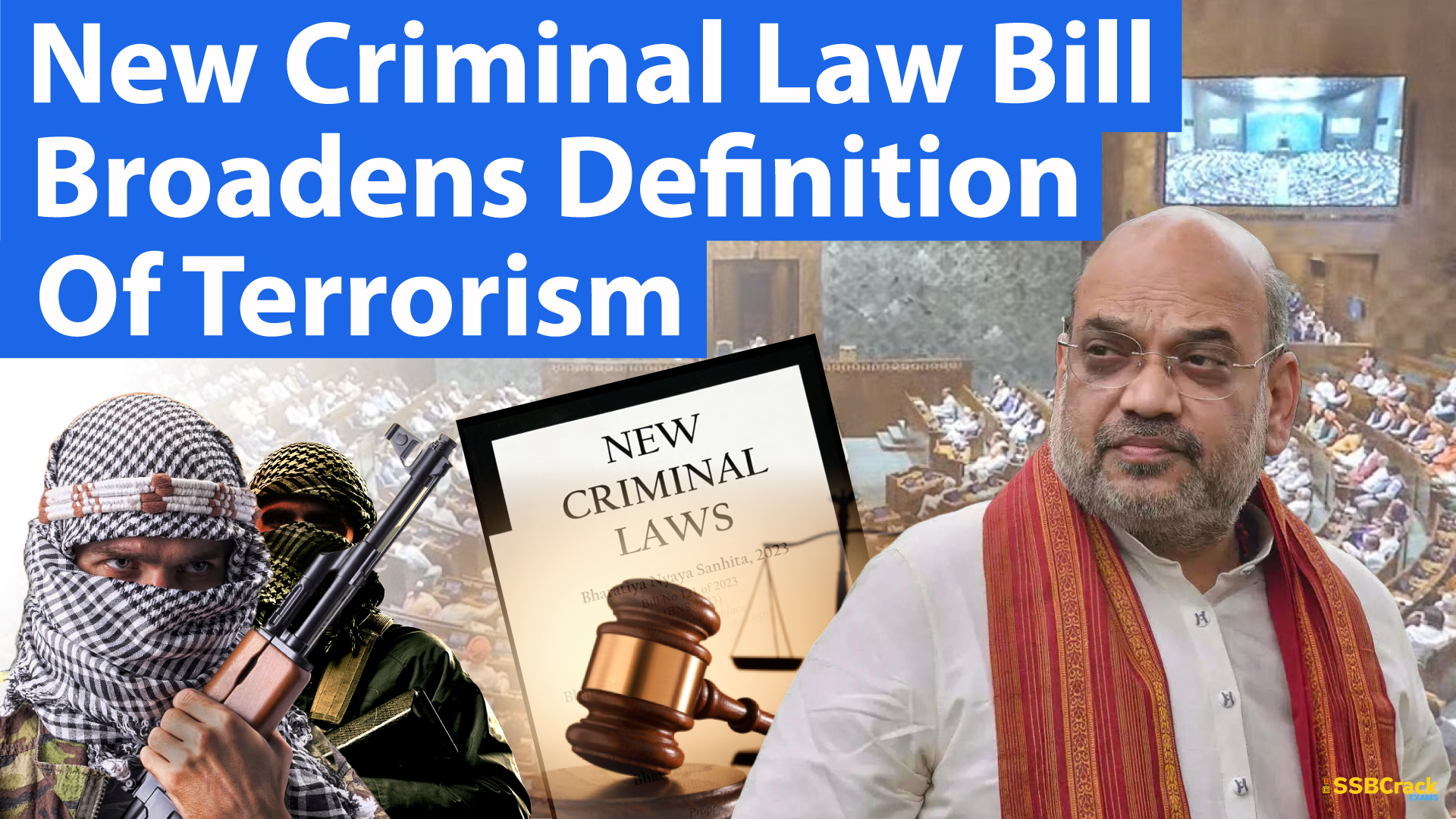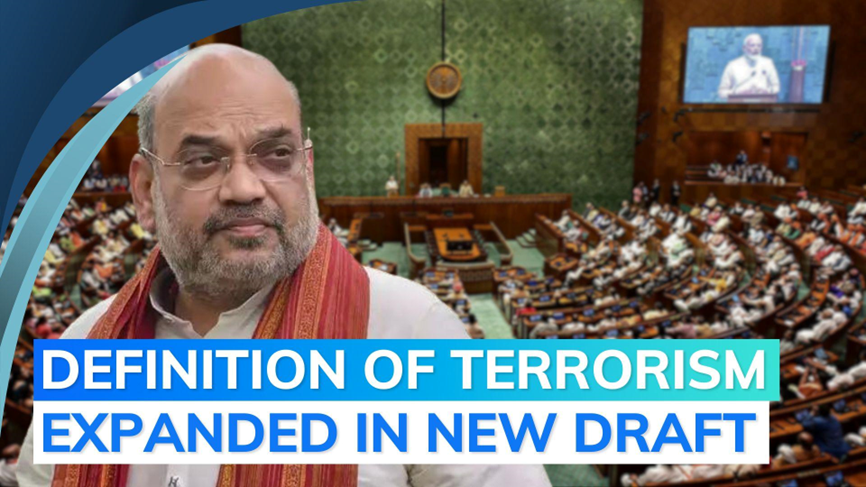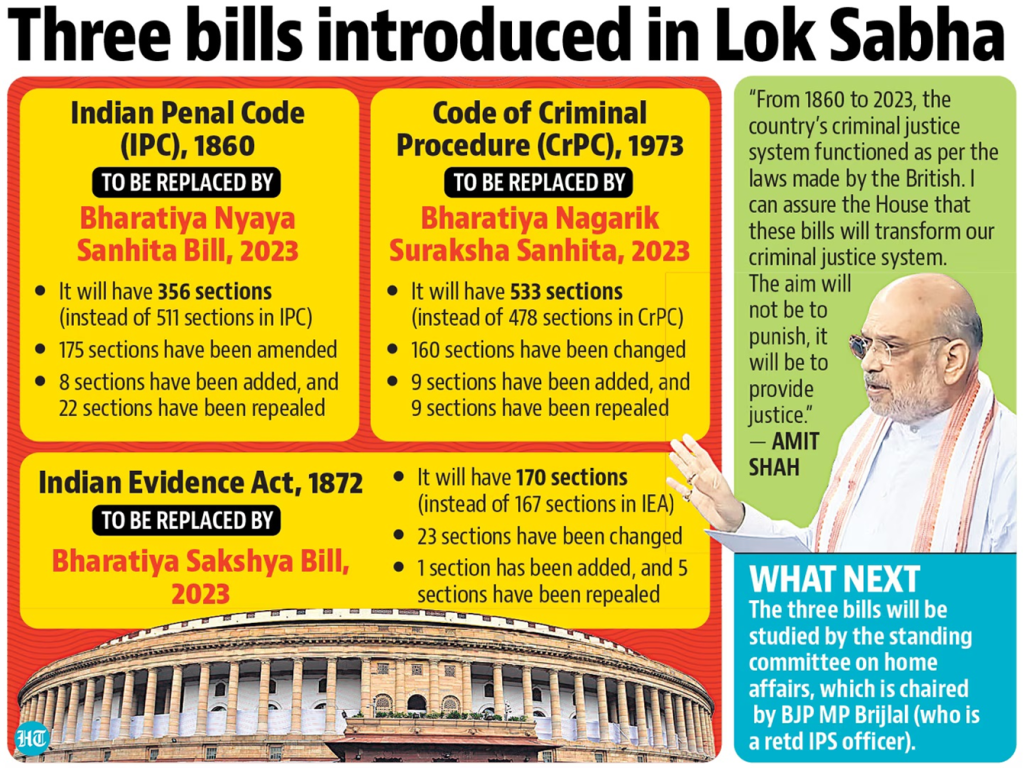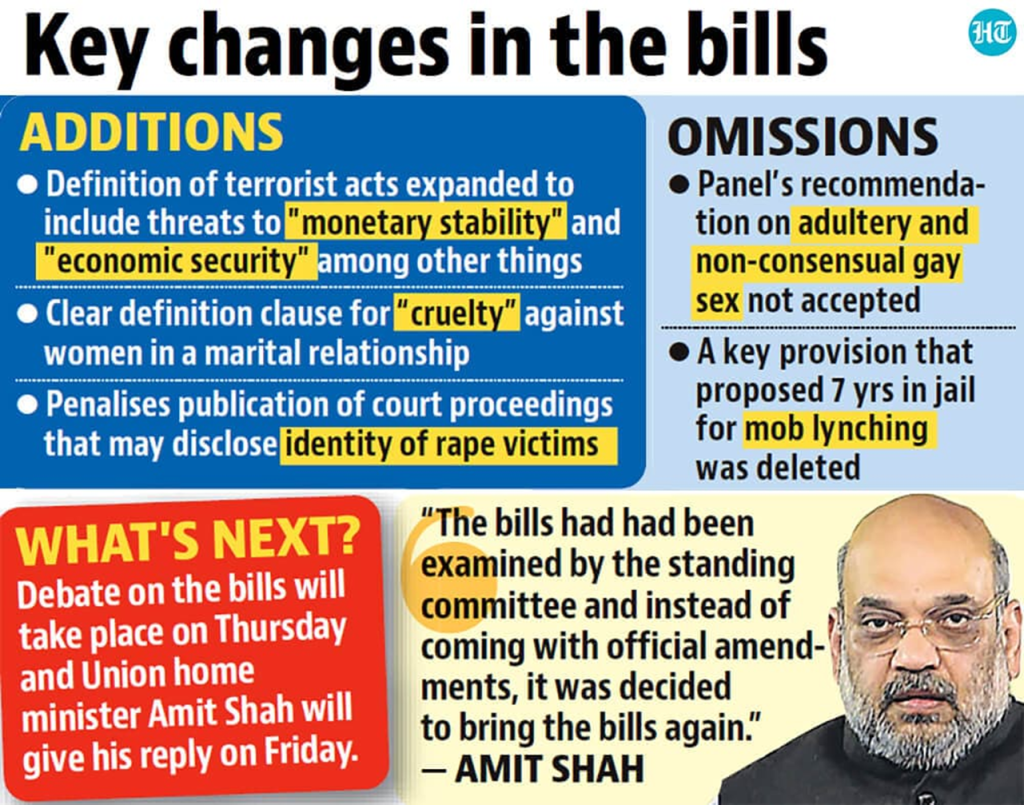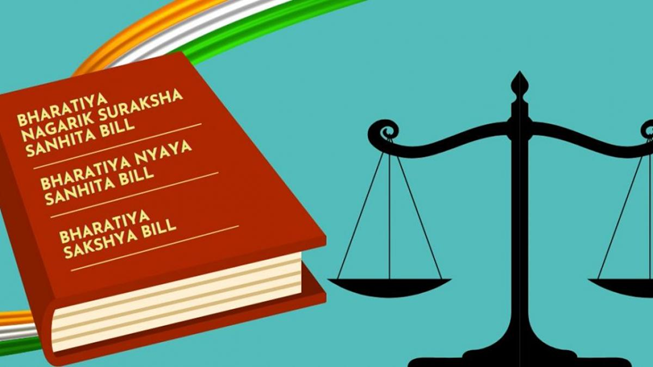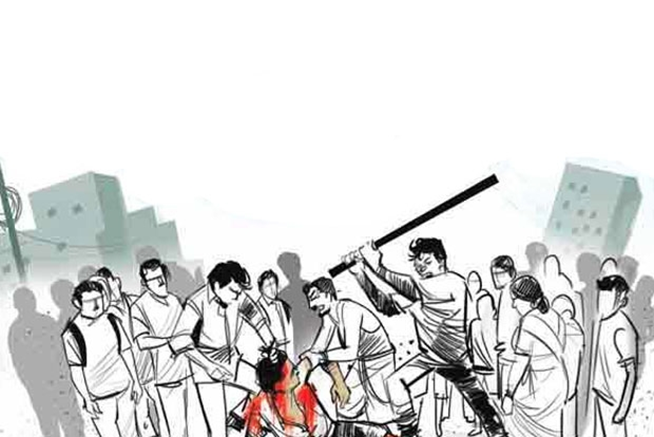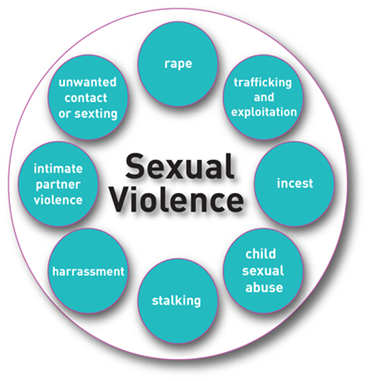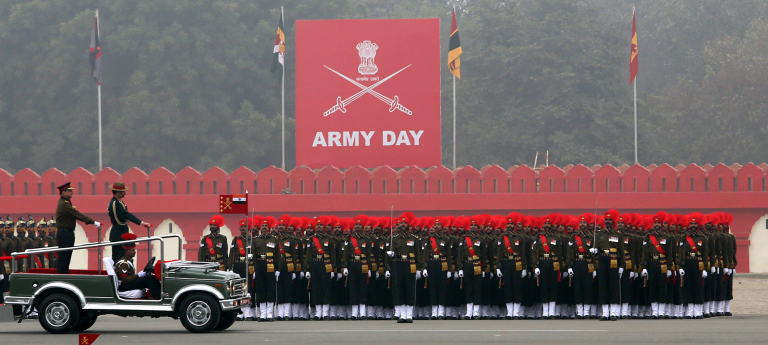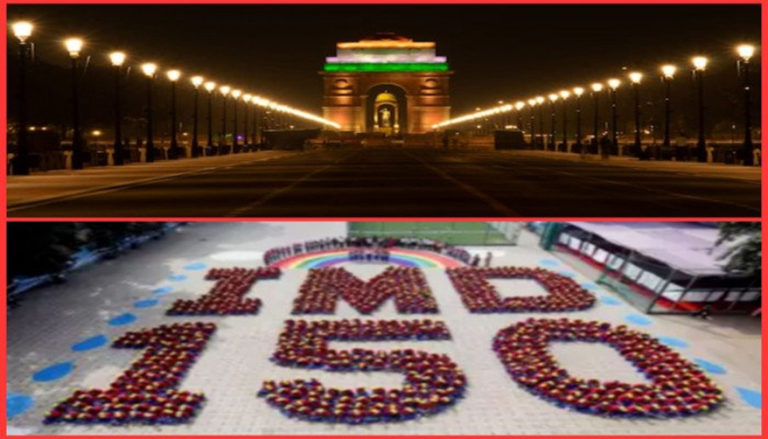The redrafted criminal law bill set to replace the Indian Penal Code, 1860, has widened the definition of “terrorism” and left it to an officer, not below the rank of Superintendent of Police, to invoke section 113 of Bharatiya Nyaya (2nd) Sanhita Bill (BNSB), 2023, or the Unlawful Activities (Prevention Act), 1967.
Bharatiya Nyaya Sanhita Bill
In the redrafted Bharatiya Nyaya Sanhita Bill, the definition of terrorism now includes the word “economic security“, amongst other changes. As per the bill, the terrorism offence would include “any act with the intent to threaten or likely to threaten the unity, integrity, sovereignty, security, or economic security of India of with intent to strike terror or likely to strike terror in the people or any section of the people in India or in any foreign country”.
Damage to the monetary stability of India by way of “production or smuggling or circulation of counterfeit Indian paper currency, coin” would also be considered “terrorist acts“, as per the bill.
Under the proposed law, any damage or destruction to property intended for the defense of India or any other governmental purposes, even if done in a foreign country, will be classified as an “act of terror”. In the earlier bill introduced in August, this definition had been limited to damage to government or public facilities, public places, private property within India and critical infrastructure.
Damage to property outside the country under the definition of “act of terror” was influenced by this year’s attacks on Indian consulates abroad, including in San Francisco, London and Canada by Khalistani extremists. These cases are currently under probe by the National Investigation Agency.
Highlights of the Bill
•The Bharatiya Nyaya Sanhita (BNS) retains most offences from the IPC. It adds community service as a form of punishment.
•Sedition is no longer an offence. Instead, there is a new offence for acts endangering the sovereignty, unity and integrity of India.
•Organised crime has been added as an offence. It includes crimes such as kidnapping, extortion and cyber-crime committed on behalf of a crime syndicate. Petty organised crime is also an offence now.
•Murder by a group of five or more persons on grounds of certain identity markers such as caste, language or personal belief will be an offence with penalty of seven years to life imprisonment or death.
‘Abduction of public functionary — a terror act’
The new bill introduces a clause stating that abduction or detention of a person to influence the government of India, a state government or government of any foreign country, will constitute an act of terror.
‘Imprisonment for life-or-death sentence for mob lynching’
The new Bharatiya Nyaya Sanhita, 2023 introduces provisions for life-or-death sentences for offences linked to mob lynching and hate-crime murder.
Sexual Crimes And Mental Illness
Two key recommendations, to include gender-neutral provision criminalising adultery, and a clause that criminalizes non-consensual sex between men, women, transpersons and acts of bestiality in the Bharatiya Nyaya Sanhita, have been left out in the revised version. Meanwhile, on the recommendation of the parliamentary panel, the revised bill has changed the term “mental illness” to “unsound mind”, wherever it has been used in the bill.
